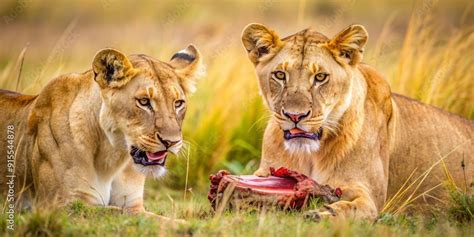
|
25A022 Rights on Four Legs by Jim Davies, 6/3/2025
Recently I saw Prof. Walter Block and Thomas Raskin debate the subject of "animal rights" here, for it's one of those on which not all Libertarians agree. There's no dispute about human rights, but the question is, how far can they be extended to other critters? All human ones derive from the single, fundamental right to life. We exist, so we have the right to exist; to defend and enjoy and enhance our individual existences, of which we are each the exclusive owners. My 2014 STR column Liberty: Rooted in Rights expands that theme and quotes Murray Rothbard's penetrating remarks about human and animals' rights. But dogs and horses and chickens also exist; do they have a corresponding right, that we have an obligation to respect? It's not too easy, as that debate showed, especially as we consider animals that greatly differ from us. If they do, how can we properly kill and eat them? - or treat them cruelly? Walter and Thomas discussed the relevance of sentient beings - who can feel pain, sense the future, and have a degree of intelligence that we can recognize, like dolphins and elephants and dogs. What also of the gentle cow, from whom we quite casually take milk and in due course slaughter and eat? Thomas spoke of his horror at the way chickens and hens are treated while they live, then painfully killed before their bodies are processed for sale. He is a vegetarian as a result. Walter countered with a question: if a chicken has a right to life and he causes one to be killed so he can eat it, is he not a murderer and would Thomas help put him in jail? - expecting the answer no, and hence winning the debate. Tom replied that in the present government-infested system there is no practical possibilty of his doing so, hence it's moot. Come a society free from all that, though, his answer would be "yes." Walter praised him for at least being consistent! It was disappointing that neither speaker took a moment to clarify that in an anarchist society there will be no government, therefore no laws, therefore no jails or other punishments; but if it is true that killing an animal for food would violate its right to life, the killer would be shunned. So the debated question is not trivial. 
Me, I don't think it would. Walter made the point that carnivorous animals all kill for food, and that when a lioness kills a gazelle she may not do it just with a single, fatal bite but first swipes the victim to slow it down so that her cubs can get used to chasing it. However, the point is strong: wherever there are canine teeth, animals do kill and eat each other and that's how a great deal of life has evolved (or been created, which would make it worse yet.) Like it or not, nature is "red, in tooth and claw." So I see no reason to flout evolution and shall continue to enjoy a nice juicy steak or turkey or salmon. But with this proviso: the human race is different from other animals not just in reasoning power but also in empathy; we can and usually do feel grieved when others suffer. The other day a bird flew at my car; it was impossible to avoid, but I was sad to have ended its life. So, a bit like the Native Americans who are said to apologize to it when successfully hunting a deer for the next few meals, it behoves hom sap to breed, raise, treat and then slaughter living creatures with kindness and such respect for whatever rights they do have, as to minimize suffering. And that, I think, will be the standard for judgment in the coming zero government society, should someone be accused of treating other animals without respect.
|
|
||||||||||||||||||||||||||||||||||||||||||










